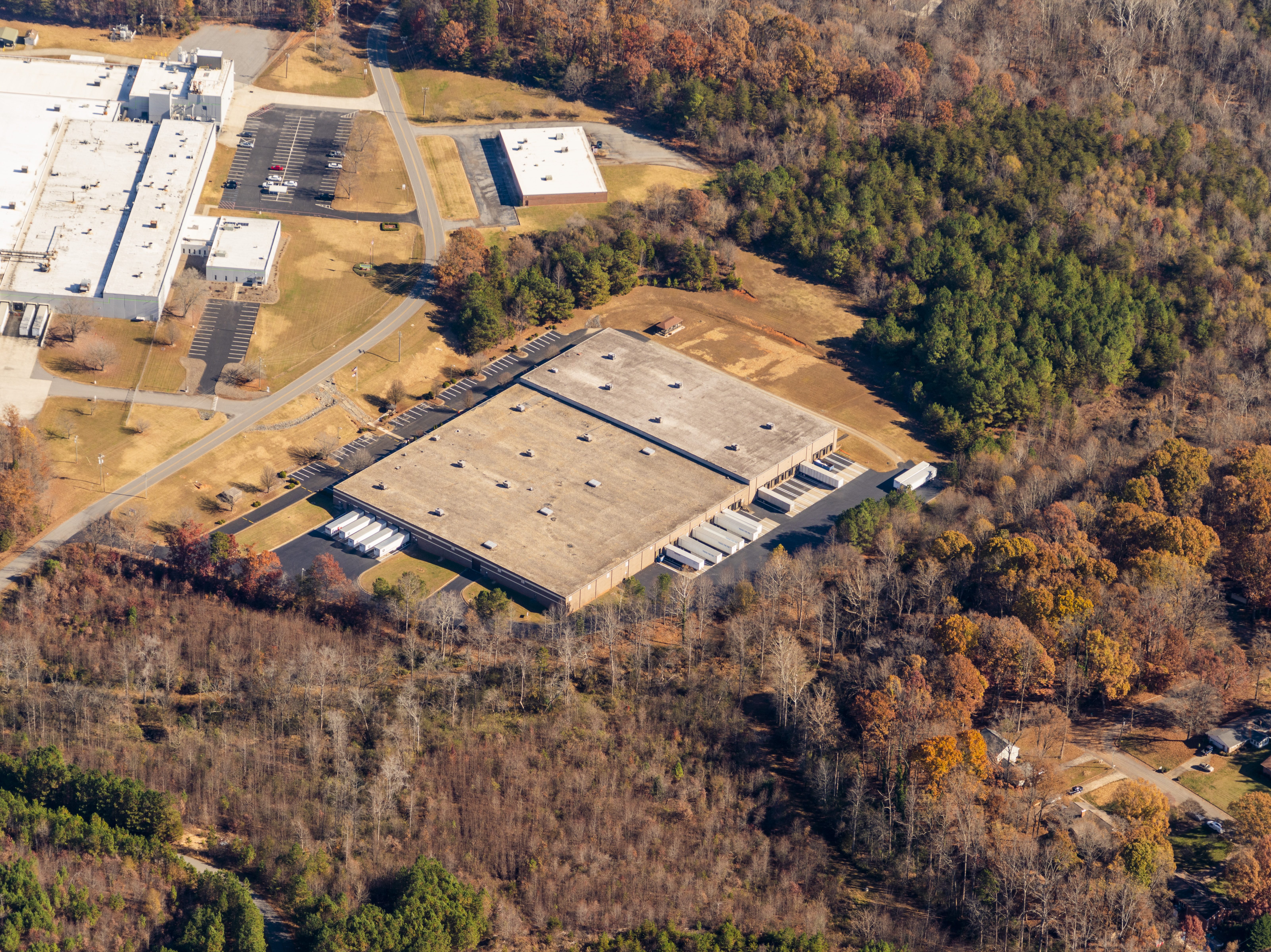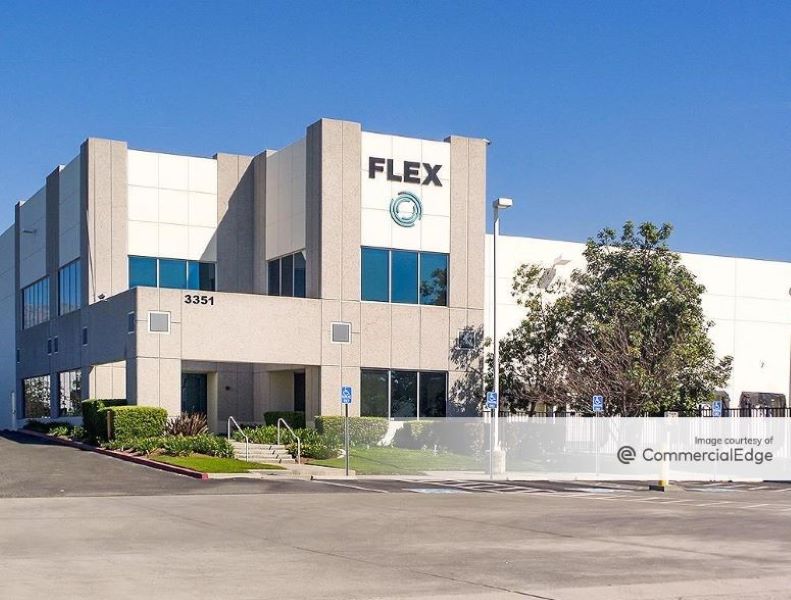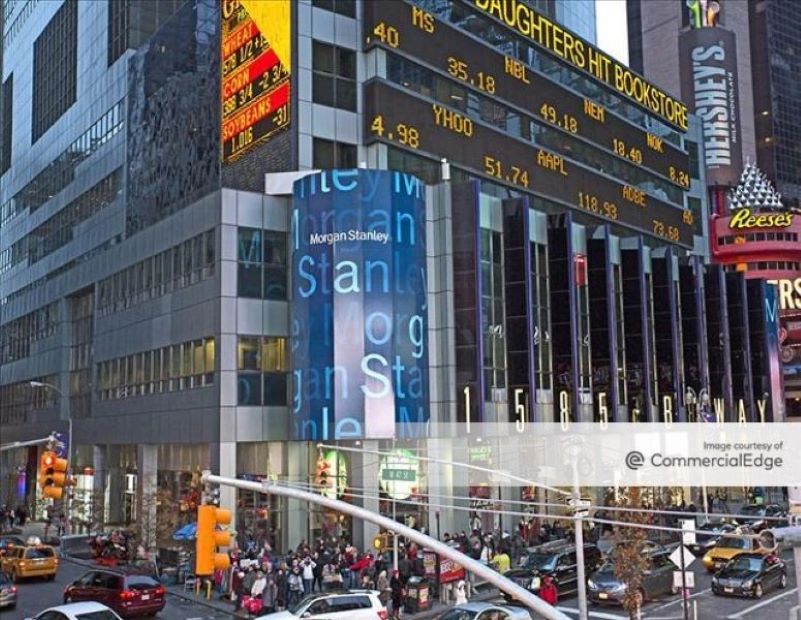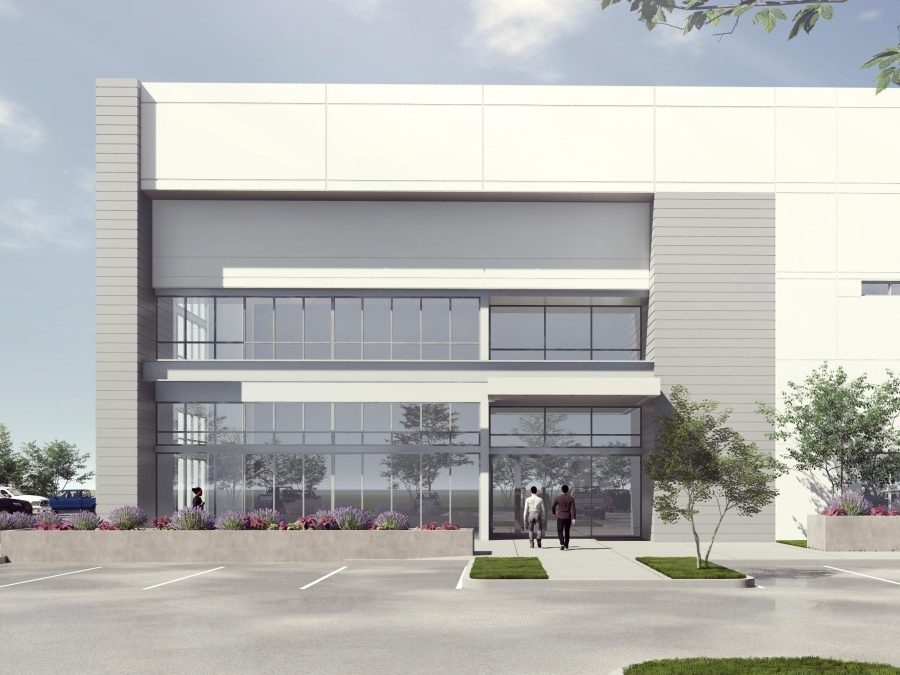Bear’s-Eye View
Reporters and real estate professionals alike find major anniversaries a good time to take stock, and we’re about to get an earful about a watershed event.
By Paul Rosta, Executive Editor
Reporters and real estate professionals alike find major anniversaries a good time to take stock, and we’re about to get an earful about a watershed event. Exactly ten years ago this month was the beginning of the capital markets meltdown that launched the worst economic crisis in 75 years.
Like all reporters, I watched the impact on the commercial real estate industry from the sidelines. Yet the recession made its mark on my perspective, too. For instance, I’ll never longer look at indicators quite the same way I did before September 2008.
If there’s plenty of capital flowing into real estate to fuel development, investment and refinancing, my first thought is still that it’s a boon for business. As Amanda Marsh writes in this month’s capital markets update, the entry of new players into the debt markets is expanding choices for commercial real estate lending. Meanwhile, most current research suggests that industry fundamentals remain basically sound, notwithstanding the inevitable ebb and flow among asset categories.
Hard on the heels of that first thought comes a second: What goes around comes around. Yes, conditions today are different from what they were a decade ago. For years, lenders and borrowers have insisted that they have been chastened by the lessons of the recession. Nevertheless, I can’t help wondering whether eagerness to make the most of this moment is pushing some lenders and their customers into risky territory. So call me a little bearish.
As the 10th anniversary of the 2008 crash arrives, I’m also taking to heart the assessment of Hugh Kelly, the longtime real estate economist and CPE columnist. In March, he warned of signs pointing to a recession starting by late 2019 or early 2020. Kelly elaborates in his latest column, citing Congressional Budget Office projections that basically convey the message, “Right now, it’s as good as it will get.” The benefits of last year’s tax cuts won’t last forever, he argues; moreover, demographic trends, structural changes to the economy and government policies will combine to dampen economic growth from about 2020 to 2028.
It is admittedly difficult to start thinking about a downturn when the real estate market continues to be in growth mode on so many fronts. Even with the help of the best forecasting tools, predicting the impact of a recession is mostly guesswork. Still, this is the time to consider how the prospects for your business will look when capital is less plentiful and opportunities for growth are scarcer. In other words, keep your sunny side up, but start thinking a little like a bear, too.
Read the September 2018 CPE Digest.








You must be logged in to post a comment.